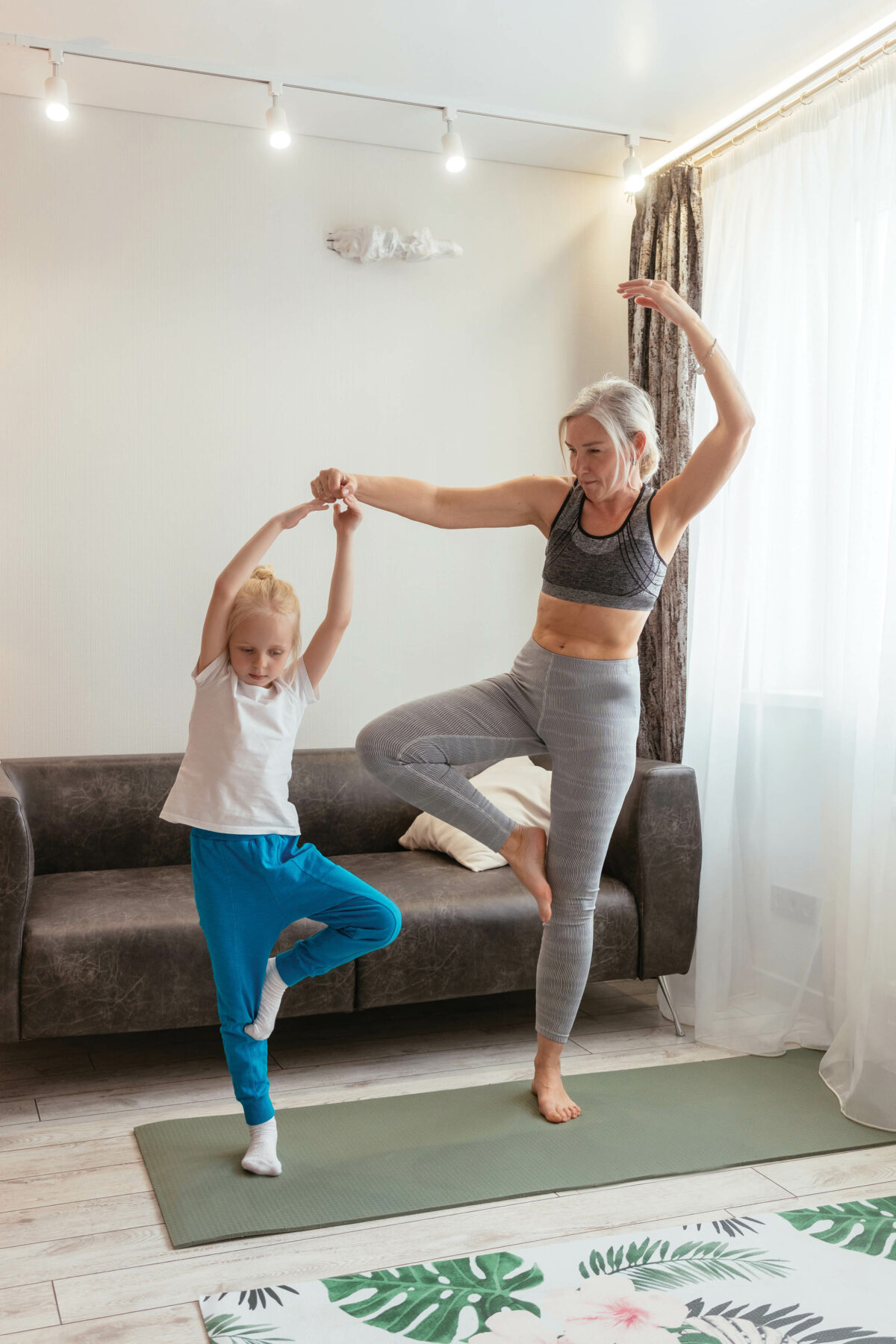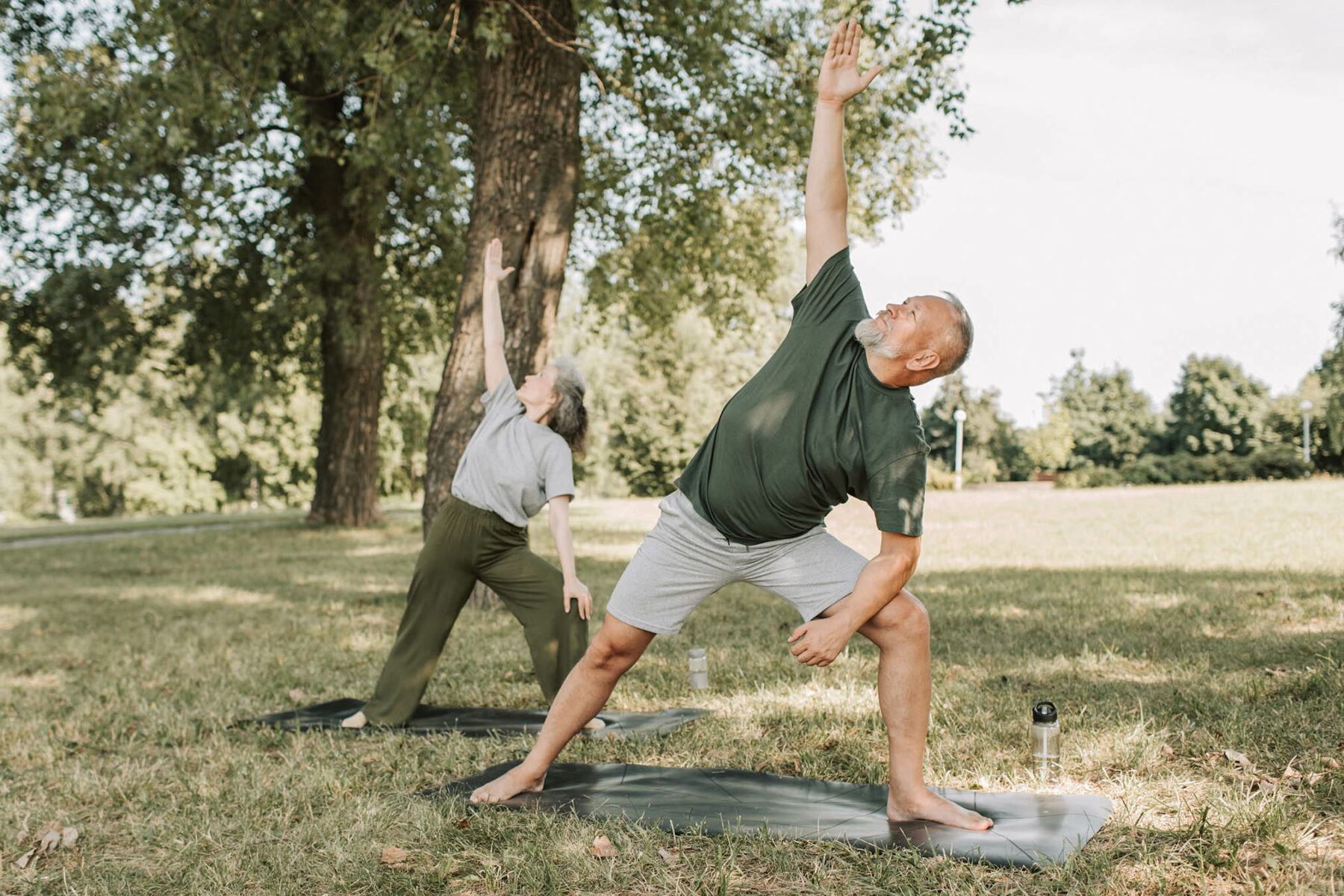Foundational Wellness Strategies For Any Age

Wellness can be portrayed as both a simple and complex concept, but it all starts with the same thing – the basics.
Though any age may differ in how you approach wellness, it’s important to have a solid foundation for pursuing wellness. According to the Global Wellness Institute, wellness is an individual pursuit of our activities, choices, behaviors and lifestyles that lead to holistic health, and it’s something that’s greatly influenced by our surrounding environment. When we measure our own “wellness,” we’re actually measuring our physical, mental, spiritual, environmental, emotional and social health.
These four strategies below may seem basic, but they’re extremely important to your overall wellness and should be addressed at any age. Here are four tips on how you can practice wellness at any age:
1. Exercise Regularly
According to Argye Hillis, M.D., director of the cerebrovascular division at Johns Hopkins Medicine, exercise lowers your risk of heart disease, type 2 diabetes, high blood pressure, and some cancers. This effect leads to “compression of morbidity,” meaning that you stay healthy longer in your late years, as compared with someone who spends the final five or 10 years of life battling chronic illness.
In addition, several studies have shown that our bodies get more out of interval training compared with slow-and-steady exercise. A Mayo Clinic study found that interval training led to changes in muscles at the cellular level, essentially reversing the natural decline that occurs with aging. This research tells us that even if you start exercising later in life, you can still achieve these benefits; therefore, it’s never too late to start exercising!

In the study, older people’s cells responded more robustly to intense exercise than the cells of the young did. Exercising as a 10-year-old looks much different than when we’re 30, 50 or 80 years old. Children use different forms of play for physical activity like soccer and dance, but as we get older, we must allow for time to move our bodies intentionally.
2. Eat Well
Even just small changes in body weight can have a big impact on health risks. Losing just 5% of your body weight has been shown to reduce your risk for diabetes and heart disease as well as improve metabolic function in liver, fat and muscle tissue. It may sound obvious, but it bears repeating: you should strive to eat a balanced diet, regardless of your age. This will help ensure you get all of the nutrients and energy you require to go about your daily life.
3. Stay Connected & Engaged Socially
Connecting with others is one of the most important things you can do for your health and happiness. Loneliness becomes more prevalent as we get older and has become even more prevalent since COVID due to restrictions around social interaction and gatherings; loneliness can even be detrimental to both your physical and mental health. It’s important more now than ever to make an effort to maintain your current relationships, as well as meet new people.
4. Take Care of Your Mental Health
There are a variety of ways this can be achieved, and it’s just as important to take care of your mental health as it is your physical health.
- Practice mindfulness. Focus and appreciate the present moment. Breathe. Practice gratitude.
- Engage in activities you enjoy. Try a new hobby. Research shows that people who engage in hobbies, leisure and social activities are happier, experience less depression and live longer.
- Lower your stress. There are a number of ways to achieve this including, but not limited to, connecting with a friend, getting sufficient sleep, relaxation and deep breathing exercises, meditation, yoga and exercise.
- Expose yourself to the cold. Research shows that the increase in our longevity via cold exposure could be due to hormesis. Hormesis refers to the paradoxical adaptation that makes animals stronger and more efficient if they’re exposed to environmental stresses. Cold exposure also causes the prolonged release of dopamine, which is a powerful molecule capable of elevating mood and enhancing focus, attention and goal-directed behavior. Even short bouts of cold exposure can cause a lasting increase in dopamine and sustained elevation of mood, energy and focus.
About the Author

Jessica Tranchina, PT, DPT is a co-founder of Generator Athlete Lab and has been an athlete her whole life. As the creator of the Generator Method, Tranchina works to help guide others to better performance and recovery and is passionate about bringing the active community of Austin together from all fitness levels and athletic backgrounds. She’s the owner of PRIMO Performance and Rehabilitation, which started in Austin in 2010, where her expertise and unique skillset have been established as one of the best in her field. Her certifications include NASM-CPT, ART Certified Provider and CKTP.






